Safeguarding
Our approach to safeguarding at TWOA is rigorous and meticulous. As the eyes, ears and voices of our children and take this responsibility very seriously. All our senior leaders are safeguarding leads.
Keeping Children Safe In Education
Working Together to Safeguard Children
Please also see the following policies on the ‘Policies and Privacy Notices’ page of this website
- Attendance
- Anti-bullying
- Behaviour
- Child Protection and Safeguarding
- E-Safety and Safeguarding
- Looked-After and Former Looked-After Children
- Photography and Video Policy
- Social Media Policy
- Supporting Pupils with Medical Needs Policy
- Whistleblowing Policy
All our school staff undertake Child Protection/Safeguarding training which is renewed every 2 years and updated annually. Safeguarding reminders are shared weekly in the whole-school briefing. Safeguarding Leads meet weekly to discuss on-going cases and identify trends. Governors are fully Safeguarding trained. Both Co-Principals are trained in Safer Recruitment and two of the Safeguarding Leads are trained as Safeguarding trainers so they are able to deliver regular updates and training to all staff.
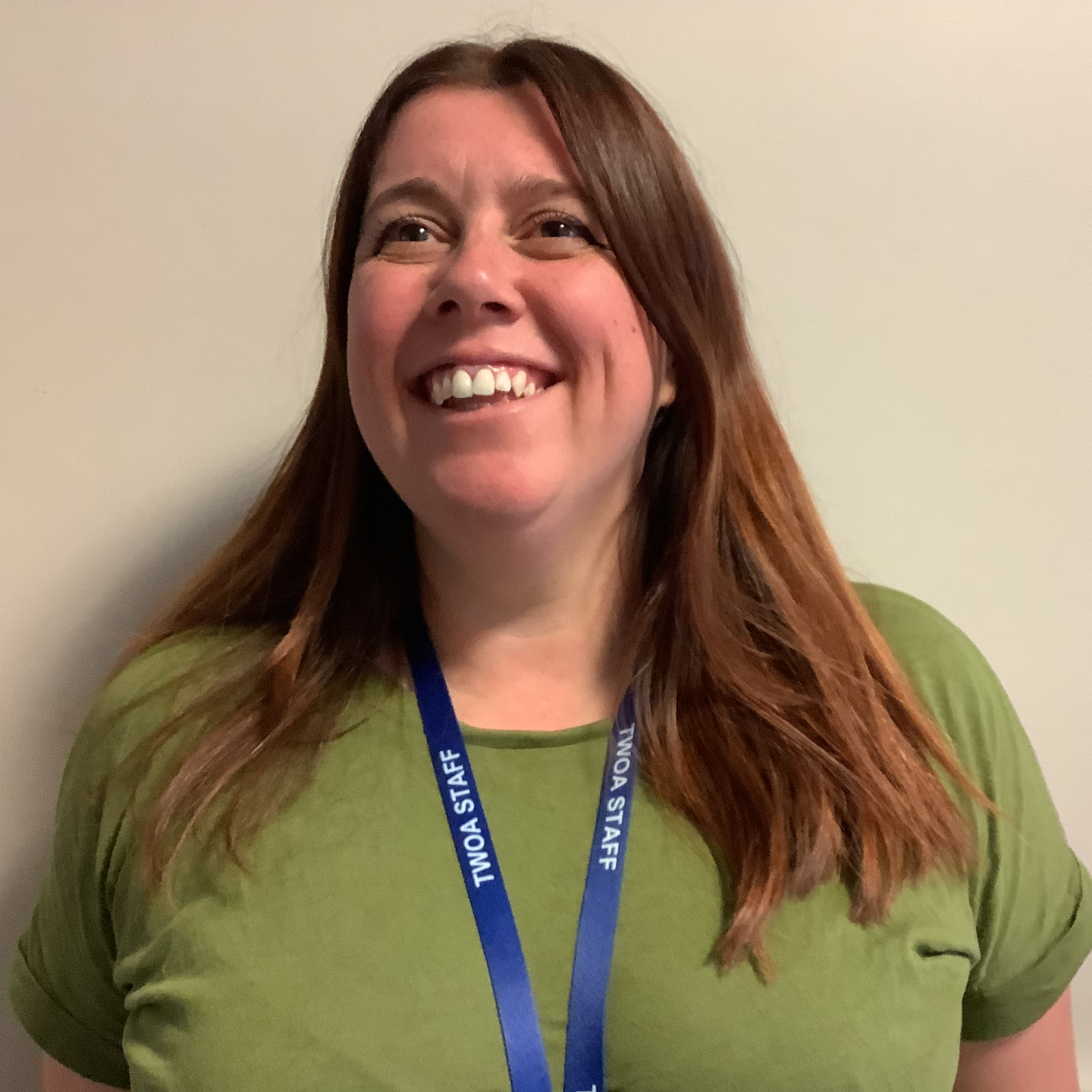
Helen Dickenson
Designated Safeguarding Lead
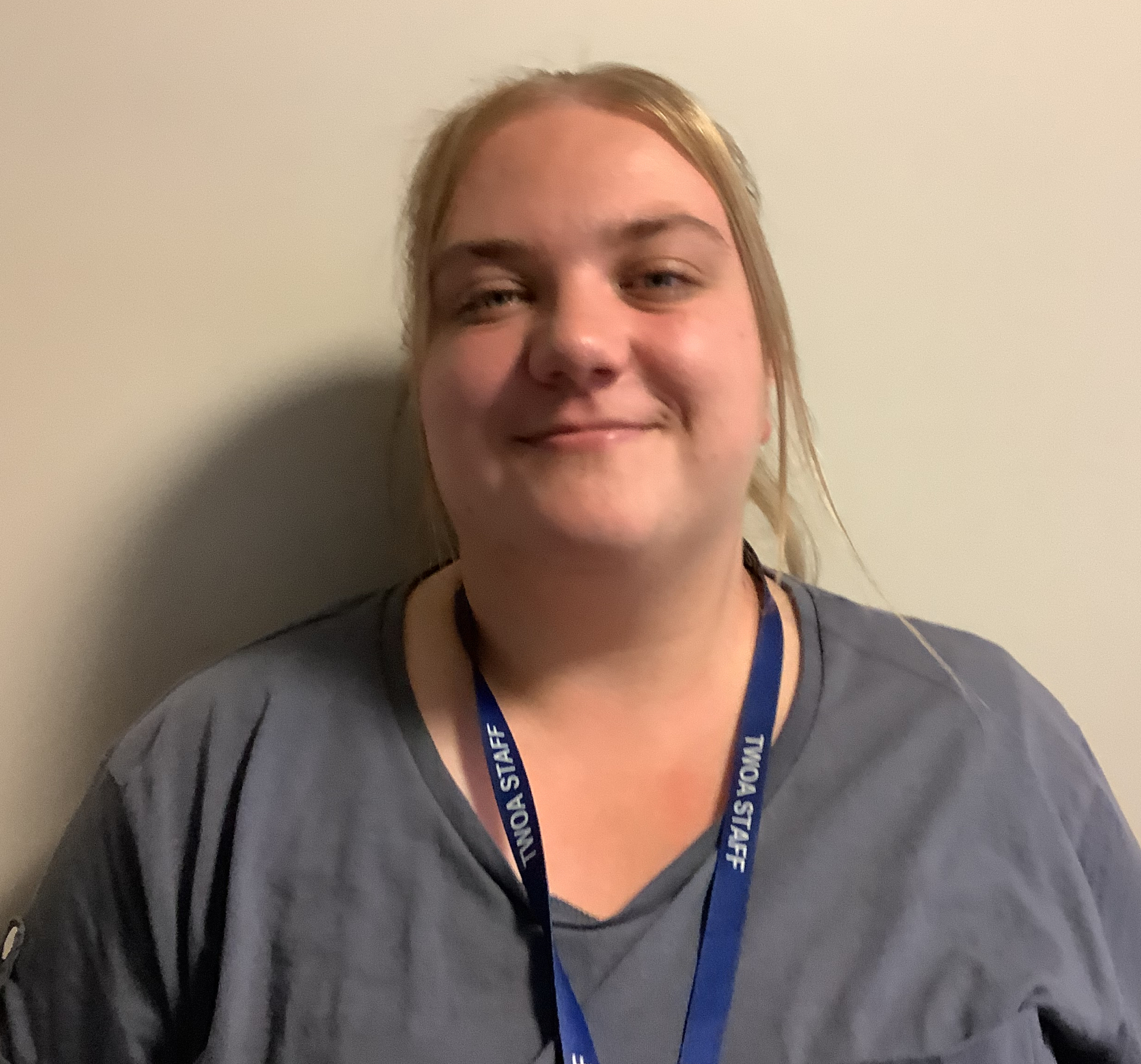
Amanda Jebb
Deputy Designated Safeguarding Lead
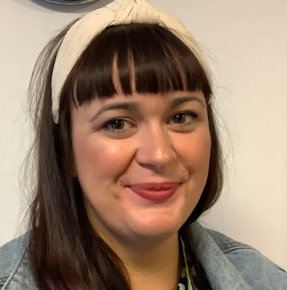
Laura Goodfellow
Deputy Designated Safeguarding Lead
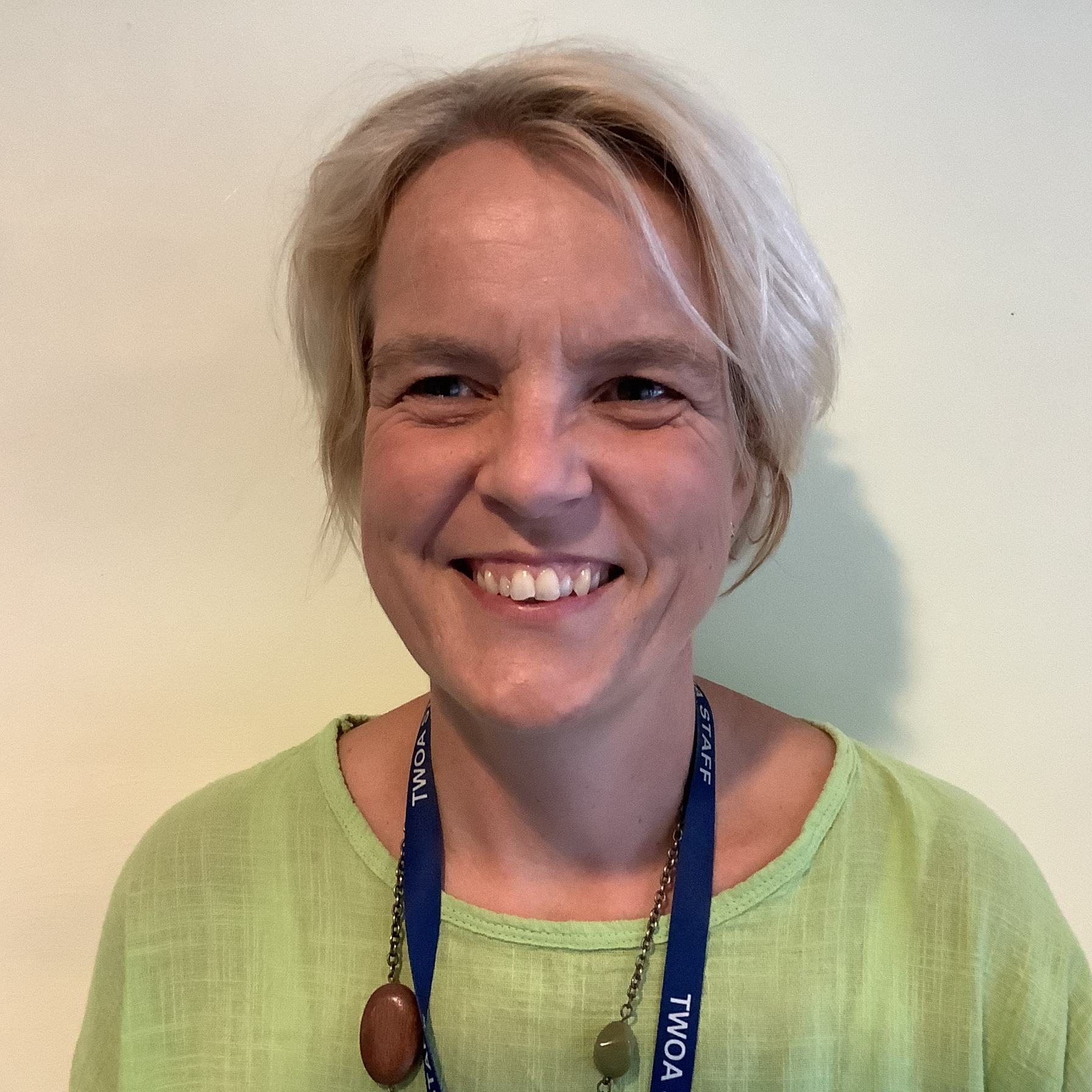
Emily Webster
Deputy Designated Safeguarding Lead
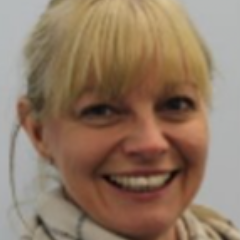
Lynne Goodwyn
Safeguarding Governor
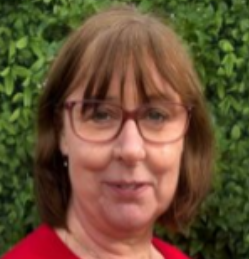
Nikki Cameron
OAT Safeguarding Manager
All staff in the academy have been subject to our rigorous safeguarding checks and have free movement around the academy. They wear a blue lanyard so they are easily recognisable. We have many visiting professionals to the academy who are on our ‘Approved Visitors List’. They also have free movement around the academy by meeting our requirements for safeguarding checks for visitors. They are easily recognisable by their green lanyard. All other visitors wear a red lanyard. They are given a visitor’s badge which must be worn at all times whilst on site and must be accompanied by academy staff or an NHS staff member at all times whilst on site. All visitors to the academy are asked to read our Safeguarding and Emergency Evacuation Procedures Leaflet on arrival.
Parents dropping and collecting children from school must use the front entrance and either wait in the foyer until their child is collected by a member of the class team or follow the academy policy for all visitors, as outlined above.
All staff, governors and volunteers at the academy are required to read, sign and adhere to our Staff Acceptable User Agreement. A copy of this can be found on the ‘Policies and Privacy Notices’ page of this website.
All learners that have any degree of independence or responsbility in keeping themselves and others safe online are required to read, (with support) and adhere to our Pupil Acceptable User Agreement Version 1, (for Early Learners or Younger Children) or Version 2, (for Established Learners). These can be found in our ‘Forms’ page.
Due to many of our learners requiring the support of adults to remain safe online, we ask that all adults who care for our children keep themselves up-to-date with technological changes and observe safe practice at all times. We endeavour to provide support and training with this through signposting to e-safety sites, at parents information meetings, staff training and through other circulars. The full e-safety policy is available on the ‘Policies and Privacy Notices’ page of this website.
Please follow this link to sites online that support with e-safety.
Bulletins
Visitors to the school are not allowed to use mobile phones, cameras or other devices with camera facilities in school without the expressed permission of our Safeguarding Leads. Parents/carers will have opportunities to take photos at celebration events but in accordance with our strict video and photography policy, the details of which we will always remind you of at the beginning of a celebration event.
Our pupils are allowed to bring mobile devices into school as we recognise the contrbution they make towards supporting the independence skills of our pupils. As with all devices, pupils must abide by the academy policy when using them. Please see our e-safety rules for children which are posted around the school site.
Phone and Mobile Device Rules for Classrooms
Staff are not allowed to use personal mobile devices for the photographing or videoing of children on or off-site. Only academy devices are to be used and in accordance with academy policy.
The academy has a Staff Code of Conduct which ensures there is clarity around expectations of professional conduct. This helps uphold an environment in which all pupils and staff feel safe and valued in. A copy of this can be found on the ‘Policies and Privacy Notices’ page of this website.
It is the responsibility of everyone to report any concerns they may have about a pupil with regard to child protection and safeguarding, in person to one of the DSLs at the earliest opportunity and immediately where necessary. In all instances, safeguarding concerns should be raised by the end of the working day.
Thomas Wolsey Ormiston Academy uses CPOMS to log all child protection and safeguarding concerns. Expectations around recording and reporting incidents are well-embedded in the academy. These are carefully monitored by the DSL.
If a member of staff is concerned about the behaviour of another member of staff, this should be reported to the Safeguarding Lead or the Safeguarding Governor in line with the school Whisteblowing policy. This can be found on the ‘Policies and Privacy Notices’ page of this website.
Always follow the academy’s protocols and procedures however anyone can report a safeguarding concern about a child.
If child is in immediate danger call 999.
For concerns about safety online, report to CEOP.
For reporting concerns about a child at risk of harm, abuse or neglect you can make a safeguarding referral or contact Customer First at Suffolk County Council.
Report concerns about the Co-Principals to the Chair of Governors.
Teachers and health professionals must report known or suspected FGM directly to the police on 101